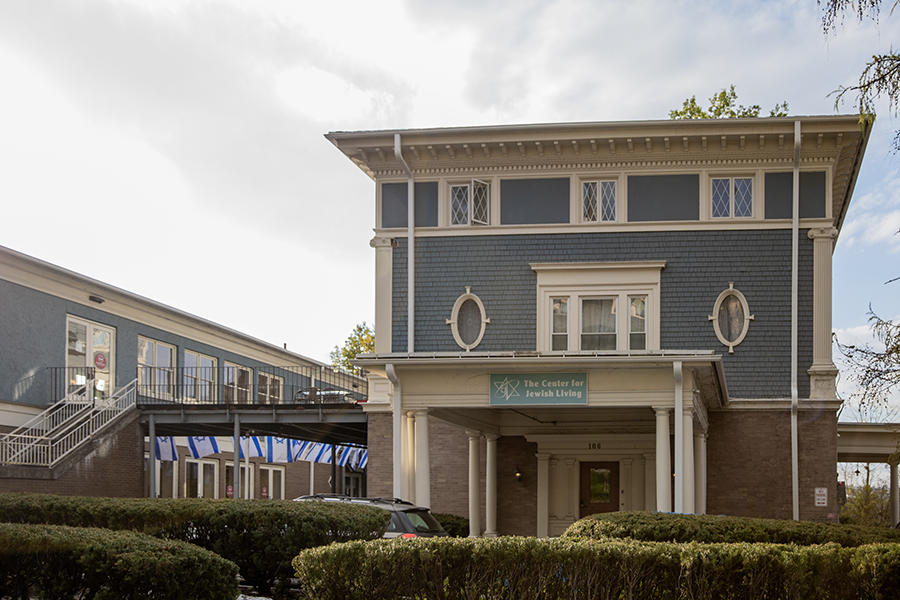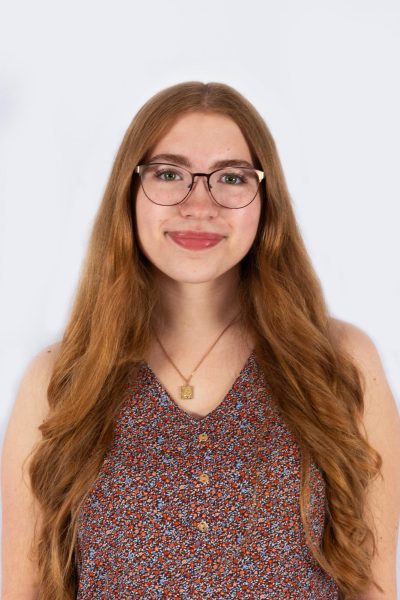Since the Israel-Hamas war began Oct. 7 — the fifth war in the Israel-Arab and Israel-Palestine conflict — antisemitism, Islamophobia and racism have seen dramatic increases around the world. The shooting threat directed at Cornell University’s Jewish community is one incident where communities have been targeted.
The Anti-Defamation League recorded 312 reports of antisemitic incidents between Oct. 7 and 23. There were 64 incidents reported during the same time frame in 2022. The ADL also recorded spikes of these incidents in countries across the globe.
Similarly, the Council on American-Islamic Relations received 774 complaints between Oct. 7 and 24 of Islamophobic incidents and incidents motivated by bias against Palestinians and Arabs. The report stated that the number of complaints is the most it has seen within such a short time frame since December 2015, when former president Donald Trump announced his desire to ban Muslims from the U.S.
Cornell University junior Patrick Dai was arrested Oct. 31 for posting threats of violence against the Jewish community at Cornell, including a shooting threat directed at 104West!, the kosher and multicultural dining hall next to the Center for Jewish Living.
The Cornell University Police Department initiated a community threat alert for the City of Ithaca and began investigating the posts while security was increased at 104West! and other Jewish spaces on campus. Cornell President Martha Pollack and Joel Malina, vice president for university relations, released statements condemning the posts and providing updates to the community.
Dai was suspended from Cornell after his arrest and appeared in federal court in Syracuse on Nov. 1, where he was charged with Interstate Communications. If he is found guilty of Interstate Communications, he could be given a sentence of up to five years in prison, a fine of up to $250,000 and up to a three–year term of supervised release.
In an email statement to The Ithacan, Molly Goldstein and Jeremy Zarge, presidents of the Center for Jewish Living at Cornell, said via email that the CJL is relieved an arrest has been made. They thanked law enforcement, Cornell administration and Hochul for protecting the local Jewish community.
“It deeply saddens and pains us to learn that the threats were made by a Cornell student, and that such hate exists amongst our peers,” the statement said. “While we are thankful this student is in custody, we understand that this incident does not stand alone. It represents the growing trend of rising antisemitism worldwide that we must continue to fight in all forms.”
More posts have been made to Cornell’s Greekrank forum since the original coverage of antisemitic posts like the ones made by Dai. One post from Oct. 30 — confirmed by The Ithacan — said, “I am thrilled to see this death toll increase in Gaza,” and called Palestinians “animals.”
Tom Dunn, associate director and deputy chief of the Office of Public Safety and Emergency Management at Ithaca College, said that since Oct. 8, campus safety has been monitoring information from federal, state and local law enforcement, including the CUPD. Dunn said OPS also gets updates from campus partners like Ithaca College Hillel about upcoming events and speakers.
“The arrest of Patrick Dai brings a heightened sense of situational awareness literally close to home,” Dunn said. “We continue to ‘direct’ our patrol officers, security officers and student staff to sensitive areas of campus. We call it ‘directed patrolling’ and I would rather not go into too much further detail about how this is accomplished.”
Dunn said campus community members should call OPS or 911 if they see anything suspicious.
Howard Erlich, board member of the Ithaca Area United Jewish Community and former dean of Ithaca College’s School of Humanities and Sciences, said he has noticed an increase in security at events in the local Jewish community, like at the local temples and even bar and bat mitzvahs.
He also said he thinks people in the U.S. are using the war as an opportunity to push antisemitic rhetoric.
“If you actually looked at the threat, it was not only frightening but at a level that was barbaric in its language,” Erlich said. “I’m pleased that at Ithaca College, I’m sure that people have strong reactions, but as a campus, there seems to be more tolerance [at Ithaca College]. Which doesn’t mean there aren’t strong opinions, but there are ways to express those strong opinions that are appropriate.”
New York Gov. Kathy Hochul has deployed state funds to make $50 million in grants available to local law enforcement and $25 million in grants available to offer security for houses of worship, community centers and other at-risk sites. Hochul also visited the Cornell campus Oct. 30, the day before Dai’s arrest, to speak against hate and violence.
A Jewish student at Ithaca College — who requested their name not be published for safety reasons — said they think the rise in bias incidents comes from previously held sentiments and some people are now using the war as a cover to spread hate.
“I think that people who truly support the cause of preventing harm in Palestine would not use this as an excuse for violence,” the student said. “I’ve just been seeing a lot of people regurgitate stuff that’s already been said. … It’s so hard to distinguish the truth from what you want to believe.”
Lauren Goldberg, director of Hillel at Ithaca College, said she encourages people who do not have immediate ties to this conflict or related identities to break out of social media and news algorithms that may be reinforcing their own perspective.
“If anybody thinks that they are fully right in this moment, I would encourage them to explore that and to press on it, and to break their heart open a little bit more,” Goldberg said. “Because if there’s no personal connection here, then I think it’s very easy to flatten people’s stories into right and wrong, black and white. And anybody who’s really living with this pain knows the depth of this is so much greater than that.”
Goldberg said Hillel is working to bring more educational speakers to campus to talk about current events as well as how the conflict has gotten to this point. However, she said it is challenging to bring content like that when so many campus community members are grieving. She also said the grief people are experiencing right now is not limited to one identity or political stance.
“What we’re dealing with, it might express itself differently for different people in alignment with different politics or policies, [but] the truth of the matter is that the witnessing of this pain is universal,” Goldberg said.
















